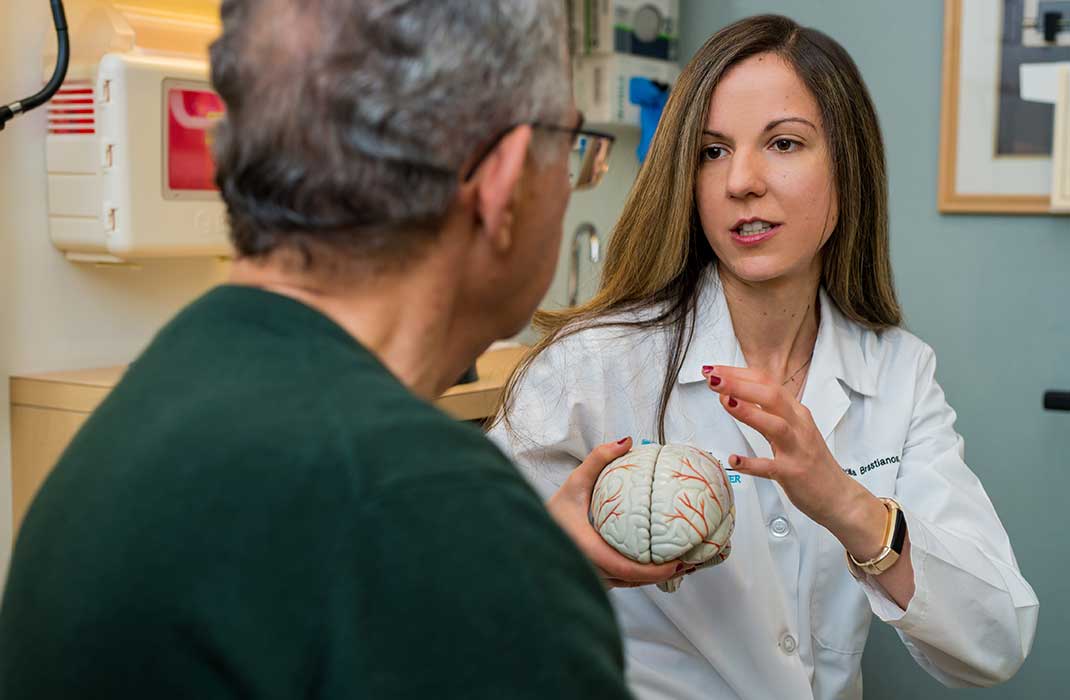-
- Find Care
-
- Visitor Information
- Find a Location
- Shuttles
- Visitor Policies
-
-
-
- Our Virtual Care Options
- Virtual Urgent Care
- Virtual Visits for Primary & Specialty Care
- Online Second Opinions
- Participate in Research
-
- Contact us
-
- For Innovators
- Commercialization Guide for Innovators
-
-
- Research News
- Alzheimer's Disease
- Artificial Intelligence
-
- Overview
-
- Overview
- Getting Started
- New to Mass General Brigham
- International Patient Services
- What Is Patient Gateway?
- Planning Your Visit
- Find a Doctor (opens link in new tab)
- Appointments
- Patient Resources
- Health & Wellness
- Flu, COVID-19, & RSV
- Billing & Insurance
- Financial Assistance
- Medicare and MassHealth ACOs
- Participate in Research
- Educational Resources
- Visitor Information
- Find a Location
- Shuttles
- Visitor Policies
- Find Care
-
- Overview
- Our Virtual Care Options
- Virtual Urgent Care
- Virtual Visits for Primary & Specialty Care
- Online Second Opinions
-
- Overview
- Participate in Research
-
- Overview
- About Innovation
- About
- Team
- News
- For Industry
- Venture Capital and Investments
- World Medical Innovation Forum (opens link in new tab)
- Featured Licensing Opportunities
- For Innovators
- Commercialization Guide for Innovators
- Contact us
-
- Overview
- Information for Researchers
- Compliance Office
- Research Cores
- Clinical Trials
- Advisory Services
- Featured Research
- Two Centuries of Breakthroughs
- Advances in Motion (opens link in new tab)
- Brigham on a Mission (opens link in new tab)
- Gene and Cell Therapy Institute
- Research News
- Alzheimer's Disease
- Artificial Intelligence
-
- Overview
-
- Overview
- Residency & fellowship programs
- Brigham and Women's Hospital
- Massachusetts General Hospital
- Mass Eye and Ear
- Newton-Wellesley Hospital
- Salem Hospital
- Integrated Mass General Brigham Programs
- Centers of Expertise
- Global & Community Health
- Health Policy & Management
- Healthcare Quality & Patient Safey
- Medical Education
- For trainees
- Prospective trainees
- Incoming trainees
- Current trainees
- Continuing Professional Development
Brain Tumor Symptoms: Understand What to Look For

A brain tumor is an abnormal growth of cells in or near the brain. Scientists and medical professionals have documented more than 150 types of brain tumor. Not all of them are cancerous.
A tumor that starts in the brain is called a primary brain tumor. It can be cancerous or benign (non-cancerous). When cancer spreads from another area of the body and causes a brain tumor (metastatic), it’s a secondary brain tumor.
In general, symptoms of a brain tumor or brain cancer depend on the size and the location of the tumor, as well as the type of tumor. “Many signs and symptoms of brain cancer or a brain tumor can be associated with something else, such as stroke, infection, or any number of things,” says Priscilla Brastianos, MD, a Mass General Cancer Center physician-scientist and director of the Central Nervous System Metastasis Center. Dr. Brastianos is also a Terry and Jean de Gunzburg MGH Research Scholar 2021-2026.
“When in doubt, talk to your primary care doctor,” Dr. Brastianos recommends. She offers insights into potential brain tumor symptoms, as well as what to expect when you seek diagnosis.
Research on brain tumor treatments
Dr. Brastianos is a leading researcher in brain tumors with a particular research focus on:
- Meningioma: Meningioma is the most common type of primary brain tumor. It starts in the meninges, membranes that cover and protect your brain and spinal cord. Most of these tumors are benign (not cancerous), grow slowly, and can be cured with surgery.
- Craniopharyngioma: Craniopharyngioma is a rare, benign tumor near the pituitary gland and hypothalamus. The pituitary gland is a major gland that regulates body functions. The hypothalamus controls processes in the body from temperature regulation to emotions. Even though these tumors are benign, they can cause bothersome symptoms because of their location. When a craniopharyngioma grows, it can cause visual problems, headaches, fatigue, hormonal imbalances, and more.
- Brain metastasis: Brain metastasis occurs when cancer spreads to the brain from other places in the body. For example, advanced breast cancer, melanoma, lung cancer, and renal cell carcinoma can spread to the brain.
“I’ve been focusing on trying to find better treatments for patients with primary and metastatic brain tumors,” Dr. Brastianos says. “We comprehensively study tumor samples from patients to identify molecular causes of brain tumors. Then we use that information to create and study new therapies. We’ve been able to use our scientific findings to introduce new, more effective therapies to the clinic, which has been tremendously rewarding.”
Signs of brain cancer and brain tumors
Because there are so many types of brain tumor, there are many possible signs. Some people don’t experience any symptoms at all, but you may experience:
- Balance problems
- Headaches
- Nausea, vomiting, or trouble swallowing
- Personality changes, such as emotional outbursts or mood swings
- Seizures
- Trouble thinking or speaking normally, such as confusion
- Vision changes or abnormal eye movements
- Weakness or numbness in any part of the body
Because brain cancer symptoms can look like symptoms of other health conditions, it’s important to see your doctor immediately to get to the root cause. If you develop any new symptoms, you should talk to your primary care provider. If you suddenly develop drooping of one side of your face or new weakness or numbness in a part of your body, that may require calling 9-1-1.
How is brain cancer diagnosed?
“When you seek medical attention for symptoms of brain cancer, it’s important to see a doctor who specializes in these types of tumors, at an institution that sees a lot of these cases,” Dr. Brastianos says. “These institutions have teams of specialists who work together for brain tumor diagnosis and treatment. This multidisciplinary team is critical during both the diagnostic and treatment course.”
Depending on the diagnosis, your team may include:
- Neuro-oncologist, who specializes in diagnosing and treating tumors in the brain and nervous system
- Neuro-ophthalmologist, who specializes in diseases that affect vision or eye movement
- Neurosurgeon, who specializes in operations to remove brain tumors
- Radiation oncologist, who specializes in planning and delivering radiation (beams of intense energy) to treat cancer and other diseases
- Endocrinologist, who specializes in human glands and the hormones they produce
- Genetic counselor, who can help you understand your risk and your family’s risk of inherited cancer
- Palliative care team, who specialize in symptom control
Brain tumor or brain cancer diagnosis often involves:
- Thorough discussion of your symptoms, including when they started and whether they’re getting worse
- Information about your health history and your family medical history, particularly any cases of cancer
- Physical exam
- Neurologic exam to explore your nervous system, including reflexes, balance, and coordination
- Other tests, such as vision and hearing
Your team will likely order imaging tests to take pictures of your brain. Diagnosis can often be made by imaging alone. In most cases, the best imaging is an MRI (magnetic resonance imaging). The test takes about 45 minutes to an hour, with results in a couple of days.
Your doctor may also recommend surgery to take a sample for testing (biopsy) or to remove the tumor entirely. Results of surgical biopsy can also take a few days.
Brain tumor treatment
Doctors take many factors into consideration when making decisions about brain tumor treatment, including:
- Type of tumor
- Tumor grade or stage (how advanced it is) and size
- How quickly the tumor is growing
- Location of the primary tumor
- Patient age
- Symptoms
- Treatments already provided (for previous cancer)
For example, some small meningiomas that are not growing or causing symptoms can be treated with a “watch and wait” approach. You have regular appointments with your specialist and regular imaging tests to keep an eye on the tumor. Your doctor recommends a switch to active treatment when the tumor gets large enough or causes problematic symptoms.
Other brain tumors require surgery to remove part or all of the tumor. In addition, beams of radiation to part of the brain or the whole brain can shrink a tumor. In many cases, medical therapy — chemotherapy, immunotherapy, or targeted therapy — is used. You work with your multidisciplinary team to get the appropriate treatment plan for your tumor.
Breakthroughs in precision medicine
“Every day, better treatments are being developed. Precision medicine uses an individual’s genetic or molecular information to more effectively diagnose and treat disease. It has truly revolutionized the management of all of these tumors,” Dr. Brastianos says. “Ongoing trials at Mass General Brigham and throughout the world are looking at specific, targeted treatments as well as immunotherapies.”
The Brastianos Lab has made other important discoveries regarding why and how cancer spreads to the brain. The researchers also are studying the effectiveness of immunotherapies and targeted therapies in primary and metastatic brain tumors.

